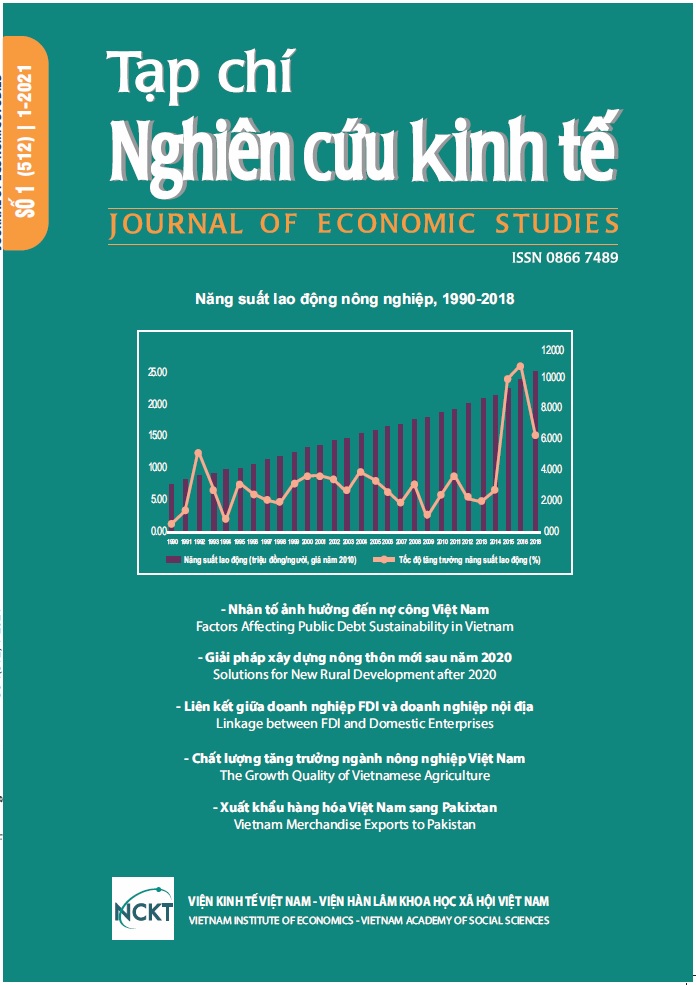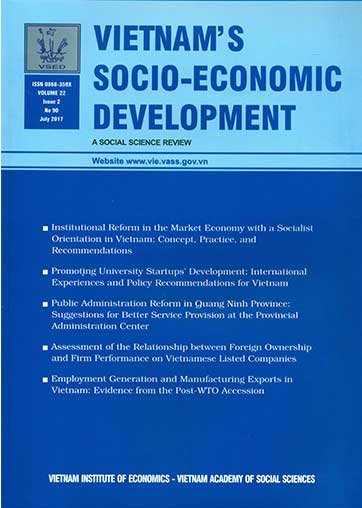Scientific Conference: “Vietnam’s Energy Transition: Shaping a Green Future”
3/28/2025 1:42:23 PM
Opening Remarks
Assoc. Prof. PhD. Tạ Minh Tuấn, Vice President of VASS, highlighted the urgency of energy transition due to the environmental and economic consequences of fossil fuel dependency. In 2020, Vietnam’s energy sector accounted for 347.5 million tons of CO2 emissions, representing 66.3% of the country's total emissions. PhD. Tuấn emphasized the critical need to prioritize energy transition within the framework of Vietnam’s National Green Growth Strategy (2021–2030, Vision 2050).

He encouraged attendees to focus discussions on:
- Clear goals and roadmaps for achieving net-zero emissions in the energy sector by 2050.
- Evaluating the potential and challenges in implementing the Just Energy Transition Partnership (JETP) with international partners.
- Policies to incentivize renewable energy and attract investments in offshore wind, green hydrogen, and high-tech energy solutions.
- Legal frameworks to facilitate large-scale green energy projects and financing mechanisms.
- Enhancing public and corporate awareness of green energy transitions.
Key Discussions
Experts presented comprehensive insights into Vietnam’s energy transition roadmap:
- PhD. Nguyễn Ngọc Hưng (Energy Institute) outlined five pillars for achieving net-zero emissions: energy efficiency, electrification, renewable energy, new energy sources (H2, green NH3), and carbon capture and storage. By 2025, the focus should include self-sufficient energy systems and high-efficiency technology, with a complete transition to green fuels in transportation and power generation by 2050.
- MSc. Phạm Văn Duy (Vietnam Academy of Science and Technology) emphasized the potential of hydrogen as the cleanest energy source, particularly leveraging Vietnam’s abundant agricultural biomass resources. He proposed developing a national hydrogen strategy, establishing a regulatory framework, and investing in supply chain infrastructure.

Highlighted Topics
- Offshore wind energy potential in Vietnam.
- Developing Ninh Thuận province as a national renewable energy hub.
- Transitioning to electric vehicles and building EV charging infrastructure.
- Utilizing agricultural by-products for hydrogen production.
Key Recommendations
- Climate Action Awareness: Immediate action is required to address global warming risks, including extreme weather events, by adopting decisive measures for energy transition.
- Institutional Frameworks: A robust legal framework is critical for ensuring energy security, reducing emissions, and promoting efficient energy use.
- Science and Technology: Investing in innovative technologies is imperative to drive growth and energy transition in a sustainable manner.
- Intersectoral Collaboration: A systemic approach is necessary to integrate energy transition efforts across various sectors.
- International Cooperation: Leveraging global expertise and financial resources is vital for accelerating energy transition.
- Public Awareness: Enhancing consumer awareness is crucial to fostering green lifestyles and encouraging demand for eco-friendly products.
Conclusion
Assoc. Prof. PhD. Bùi Quang Tuấn, Director of the Vietnam Institute of Economics, concluded the conference by emphasizing the importance of renewable energy solutions such as offshore wind and hydrogen. He urged stakeholders to align efforts across policy, technology, and public engagement to achieve a sustainable energy future.
Other news
- National Conference on Developing Vietnam’s Green Financial Market: Challenges, Urgent Issues, and Breakthrough Solutions (3/28/2025 1:47:48 PM)
- Scientific Forum on “Implementing a Circular Economy in Vietnam Under New Conditions” (3/28/2025 1:46:59 PM)
- Scientific Conference on “Ha Tinh's Green Transformation and Growth for Sustainable, Prosperous, and Secure Development in the New Context” (3/28/2025 1:46:24 PM)
- Scientific Conference on “Promoting Green Energy Development: Current Status and Solutions” (3/28/2025 1:45:31 PM)
- Scientific Conference on “The Relationship Between Globalization and the World Order to 2030, with a Vision to 2045” (3/28/2025 1:44:54 PM)
- Scientific Conference: “Vietnam’s Energy Transition: Shaping the Green Economy Trend” (3/28/2025 1:44:02 PM)
- Scientific Conference: “Building and Protecting Vietnamese Brands in Global Economic Integration” (3/28/2025 1:43:20 PM)
- International conference "Vietnam-Laos Friendship Relations: Promoting bilateral cooperation, sharing experiences in stabilizing the macroeconomy and restoring growth" (3/28/2025 1:34:07 PM)
- Vietnam Green Growth Forum 2023 (3/28/2025 1:32:55 PM)
.jpg)



